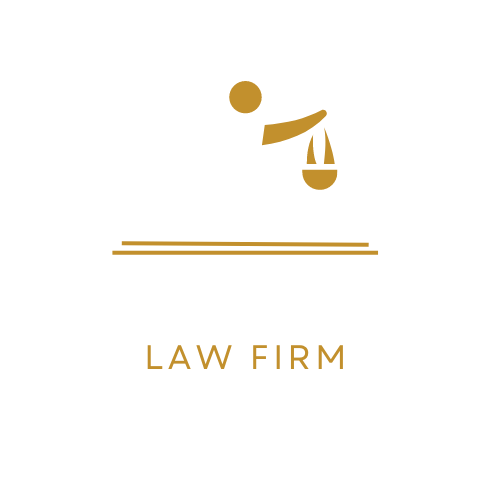Personal injury law (or tort law) covers cases that involve bodily harm and property damage to both individuals and the general public.
Claims can include both special and general damages. Special damages refer to tangible costs like medical bills or lost income, while general damages include more intangible costs such as pain and suffering or defamation.
It’s a way to hold them accountable
Personal injury law plays a critical role in holding defendants responsible for their actions by determining liability and recovering damages. Common types of compensation include medical expenses and lost wages, pain and suffering damages, property damage claims, loss of consortium claims and punitive damages awarded in some states for especially severe misconduct by defendants.
Personal injury cases generally center around negligence, which refers to failing to act in accordance with what a reasonable person would under similar circumstances. This legal doctrine often appears in car accidents, medical malpractice suits and other incidents. Other theories may apply such as strict liability that holds someone liable regardless of intent.
Personal injury cases provide numerous ways to hold people responsible. For instance, business owners could be held liable if their premises fail to adhere to safety standards, as evidenced by inspection logs and witness statements.
It’s a way to get justice
Personal injury law centers around fairness and justice. Its goal is to make sure that injured people receive compensation for their losses such as medical expenses and lost wages, deter misconduct and promote safer practices and policies.
Although media reports often portray dramatic courtroom battles, most personal injury claims are settled out-of-court due to costs and stress involved with going to trial. Individuals filing personal injury claims can benefit from hiring experienced attorneys who understand how to negotiate with insurance providers to obtain favorable settlements.
Personal injury cases can arise from many different incidents, from car accidents to slip and fall accidents. Most personal injury claims arise out of negligence – that is, failing to act with reasonable prudence in specific situations – with car accidents being the most prevalent form of personal injury claimant. One common form is one resulting from reckless driving or disregarding traffic signals.
It’s a way to get compensation
Damage caused by an accident or someone else may give rise to a personal injury lawsuit, also known as torts law. Tort law addresses several topics including product liability, negligence and defamation claims as well as more.
Personal injury cases typically award compensation for both special (measurable costs like medical expenses and lost wages) and general (less quantifiable losses like pain and suffering and loss of consortium) damages. Many states have rules regulating how much victims can recover for these damages.
People seeking compensation may benefit from hiring an experienced personal injury lawyer. An attorney will advise on what amount they’re eligible to receive and help secure their rightful amount of funds. It should be noted, though, that personal injury lawyers don’t pursue every instance where their clients feel wronged; rather they only pursue cases that have substantial merit.
It’s a way to deter misconduct
Personal injury law permits those injured by an act or omission to pursue legal action for injuries sustained, and reputational harm caused to themselves or another. Also referred to as tort law, this field encompasses one of the widest ranges of civil law.
As with other forms of civil litigation, personal injuries law encompasses everything from car accidents and medical malpractice, to defamation. To prove their injuries due to actions or inaction of defendants, usually by showing negligence. This typically means proving they failed to act with reasonable consideration for others’ welfare when taking actions or failing to act appropriately.
If a case involves gross negligence or intentional misconduct, jurors may award punitive damages in order to deter similar behavior in future. Punitive damages are an essential element of personal injury law as they prevent questionable cases from lingering in courts and allow lawyers to focus their resources and client representation efforts more strategically.

